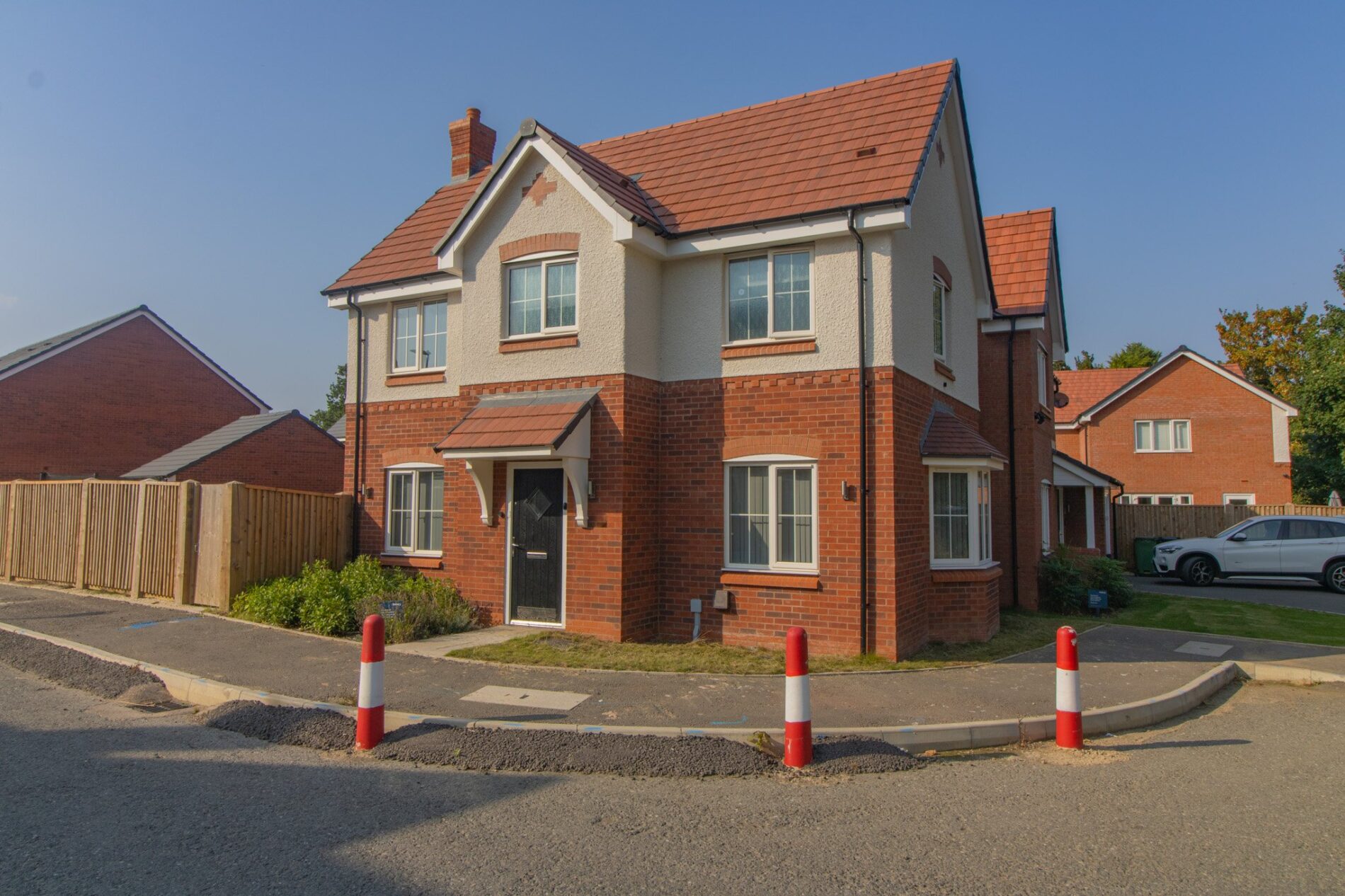The UK housing market underwent something of a predictable dip over the past couple of years. A combination of a cost of living crisis that made it harder to save for deposits, a slide into a brief recession and higher mortgage rates all acted as constraints on the market.
While prices did not crash and still rose modestly in some regions, they fell across the UK as a whole, which meant that not only were many people put off buying; some sellers held back in the knowledge that by waiting for a recovery they might get a much better price.
That time is now coming, as house prices have been gradually recovering in recent months and the headline finding of the latest Halifax House Price Index, published on October 7th, was that the average UK house price, at 293,399, was just shy of its previous peak of £299,507 in June 2022.
Prices had risen by 0.3 per cent in September and by 4.7 per cent over the previous 12 months, both clear indicators of the direction prices are going. The £300,000 mark is clearly on the verge of being broken.
Homeowners who have been keen to sell but have held off due to falling prices may consider that now is a good time to contact estate agents to find a buyer.
A second factor that may boost the chances of getting a good offer is the growth in the number of people actively buying properties. Head of Mortgages at Halifax Amanda Bryden noted that mortgage agreements are 40 per cent up from a year ago and at their highest level since July 2022.
This may be attributed to falling mortgage interest rates. Initially, these soared in the wake of the calamitous (and swiftly unpicked) mini budget by the then chancellor Kwasi Kwartewng during the brief and ill-fated 49 days that Liz Truss was prime minister. However, this effect did not last too long. What did was a series of 14 increases in the base rate.
While these took the base rate to 5.25 per cent, which is unexceptional by historical standards (unlike the era of cheap money from 2009-22, which had been unprecedented in the history of the Bank of England), the increase was still a lot to contend with, both for existing mortgage holders facing higher payments and for prospective buyers.
Although the latter group still faces higher mortgage costs than they would three years ago, the trend is set to continue downwards, now the high inflation that prompted all those rate hikes has passed. The 0.25 per cent cut in August may be the first of several, although not to anywhere near the low levels it used to be.
Ms Bryden pointed out that the recent increases in price represented clawing back lost ground and that over the past two years as a whole, house values had barely risen. She also suggested that the lasting impact of recent economic difficulties will ensure price growth is “modest”.
Even so, the next few months may offer the best opportunities to sell a home in years.






